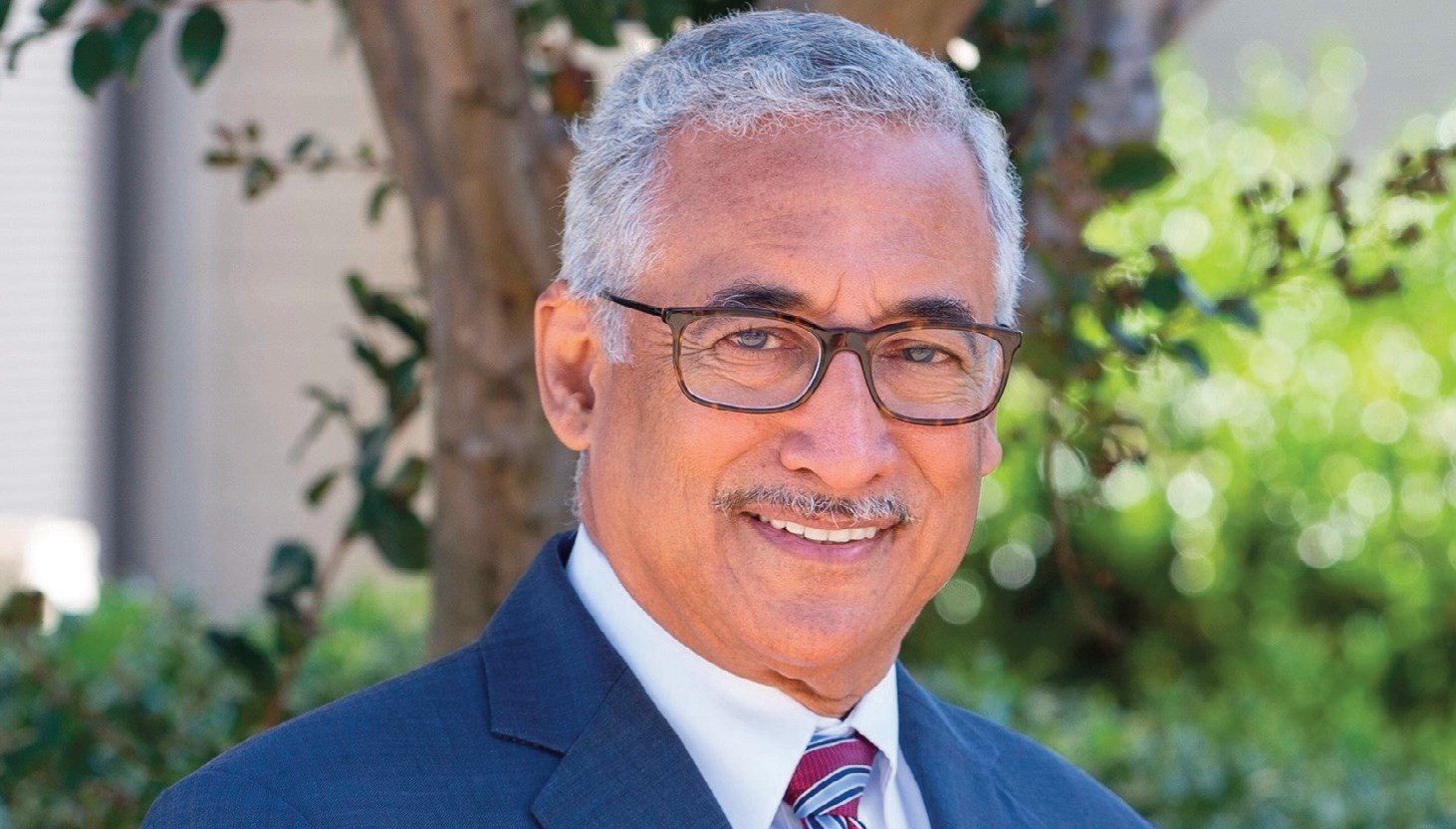“I brought you into this world, and I’ll take you out,” sometimes said in jest, but perhaps always with a degree of seriousness.
We laugh at the notion, but I bet you all know what it means, and I’m sure that, if you are a parent, you have used that same expression, or something similar at one time or another.
I did.
Does this only happen in the black community?
The video-gone-viral showing the black mother beating her son off the front lines of rock-throwing protestors in Baltimore has brought this matter out into the shining light of the world.
The mother has since appeared as a guest on several television talk shows explaining that she took action to save her son’s life; that she prefers to have been seen doing ‘violence’ against her son than to be shown as another black mother grieving for her dead son.
The boy is fourteen. By all assertions and his own statements to reporters, thankfully, he still listens to his mother.
Many folks have reacted to this incident by suggesting that the son’s penchant toward violence was modelled by his mother’s; that her status as an unemployed mother of six renders her less than an ideal citizen; and, that the wrongness of her actions outweigh what others call heroic.
What would I have done?
I would have gotten a broom, or some other big stick- to save my hand from contusions- to drive home the point even more forcefully that black boys must learn to carefully pick their fights- to clearly understand what is worth dying for, and to accept all the consequences of their behavior.
That’s what I tried to teach my two sons, and sometimes my lessons came at the end of my hand and/or a stick.
Am I proud of resorting to that kind of response?
No. Not always. But there were times when a smack down was necessary in order to save their lives.
Perpetuating violence? Not. It’s all about love.
The love that black mothers show their sons is beyond description- and, at times, suspends belief.
Our love includes offering after-school cookies and milk; the salve of comforting words; a shoulder to cry on; at least one bail payment; one court appearance; and/or a lifetime of child care services.
But that’s not all.
Our love demands that we serve on the front lines of our son’s lives until they become independent.
Why? Because, we know. We know because we have successfully survived.
How do we come by this knowledge? Call it mother wit.
No definitive book yet written, and no curriculum developed, but there ought to be a mandatory class entitled: How to Raise Black Boys to Adulthood in America.
In that class a black mother would learn how to teach their son to hold his head up and look everyone in their eye without fear; except if it’s the police, cause that could get him killed.
She would be taught how to instruct her son on the art of self-defense; how to use his wit and not his fists; except never with a police officer, because that could get him killed.
She would be able to learn how to teach her son the subtleties of safely moving from one place to another, i.e., how to keep his hands in sight; how to wear a hoodie; how to belt his pants; lace his shoes; wear only clear glasses; lower the volume of his music; etc., except none of these tactics work to protect him from being stopped/harassed and maybe killed by the police.
What other special training does a black mother require?
She needs a graduate course on how to mitigate her sons’ anger at the myriad systems of injustice that mark him from birth; that have statistically projected his probability of incarceration as early as the third grade; that is calculated to kill his spirit and rob his soul before high school graduation; that has negatively labeled him before learning who he really is: another precious child of the universe.
So what’s a black mother to do?
There are tales of slave women who aborted and/or practiced infanticide in order to keep their children from even coming into this world. They knew the likely path on which their sons would be placed: unpaid labor; stud service; separation from their families; lynching, etc.
They were heroines, too.
Forget about all the lessons we may have learned at our own mother’s knee; the collective voice of the village; any books we may have read about child-rearing; and yes, sometimes the laws about so-called domestic violence.
When we choose to have children, to bring them into this world of grave danger, we need to be prepared to raise them up; even if that includes an occasional beat down in order to save their lives.
Antonia Williams-Gary is a consultant with Miami-based Savings and Grace Enterprise. She may be reached at toniwg1@gmail.com.













No Comment